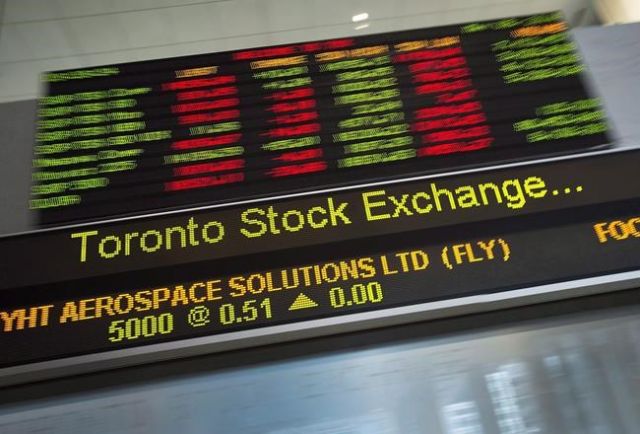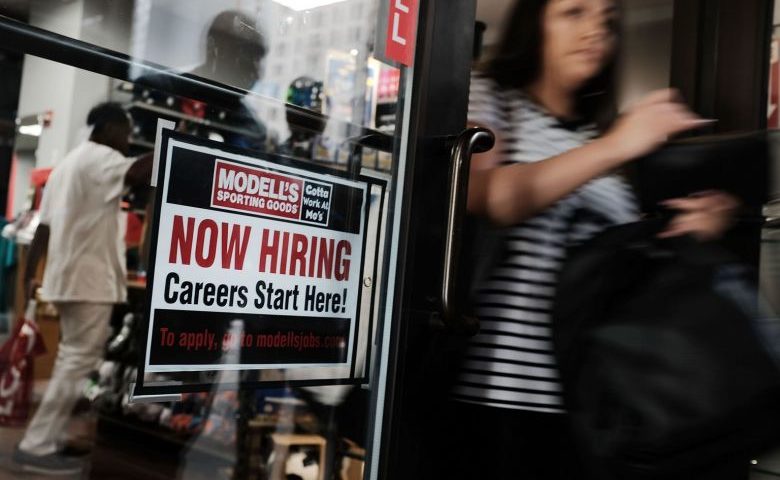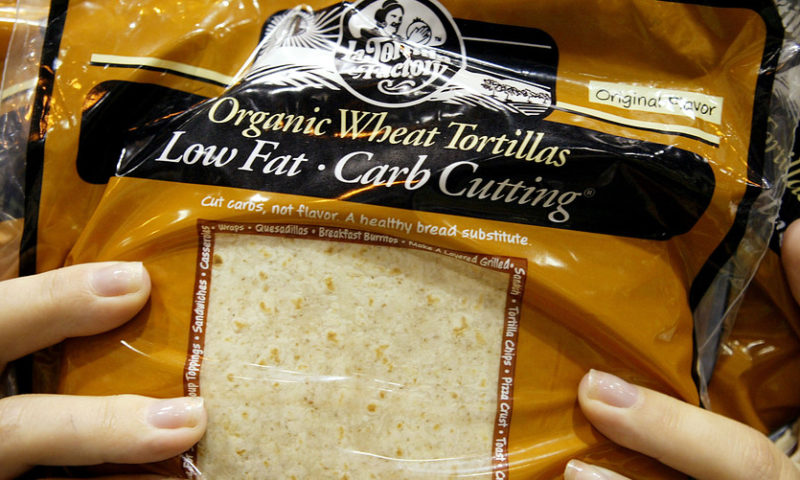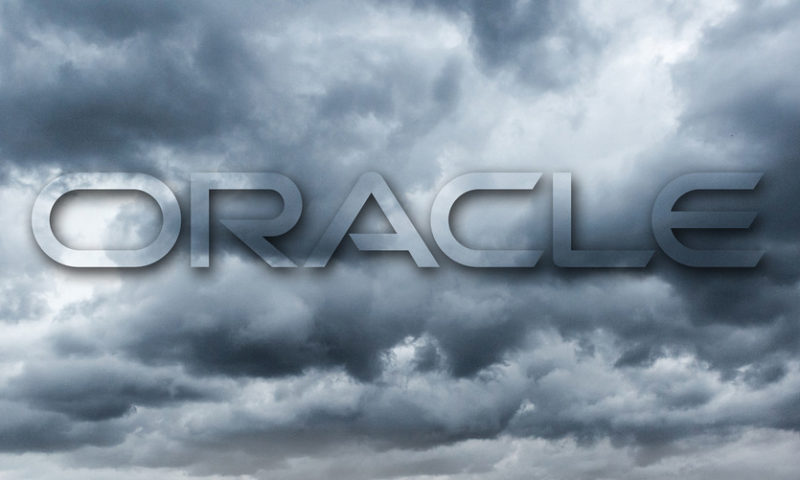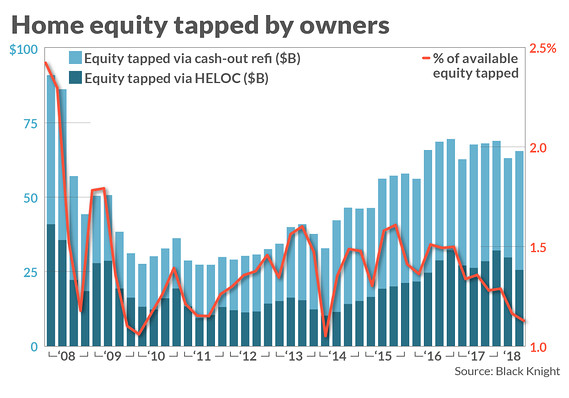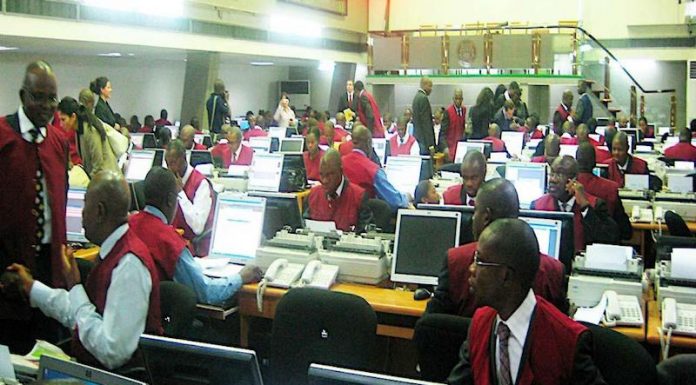Korea nuclear talks: Moon goes North to push stalled negotiations
The leaders of North and South Korea are meeting in the North Korean capital for talks centred on the stalled denuclearisation negotiations.
North Korea has embarked on an unprecedented series of meetings this year with both the South and the US.


